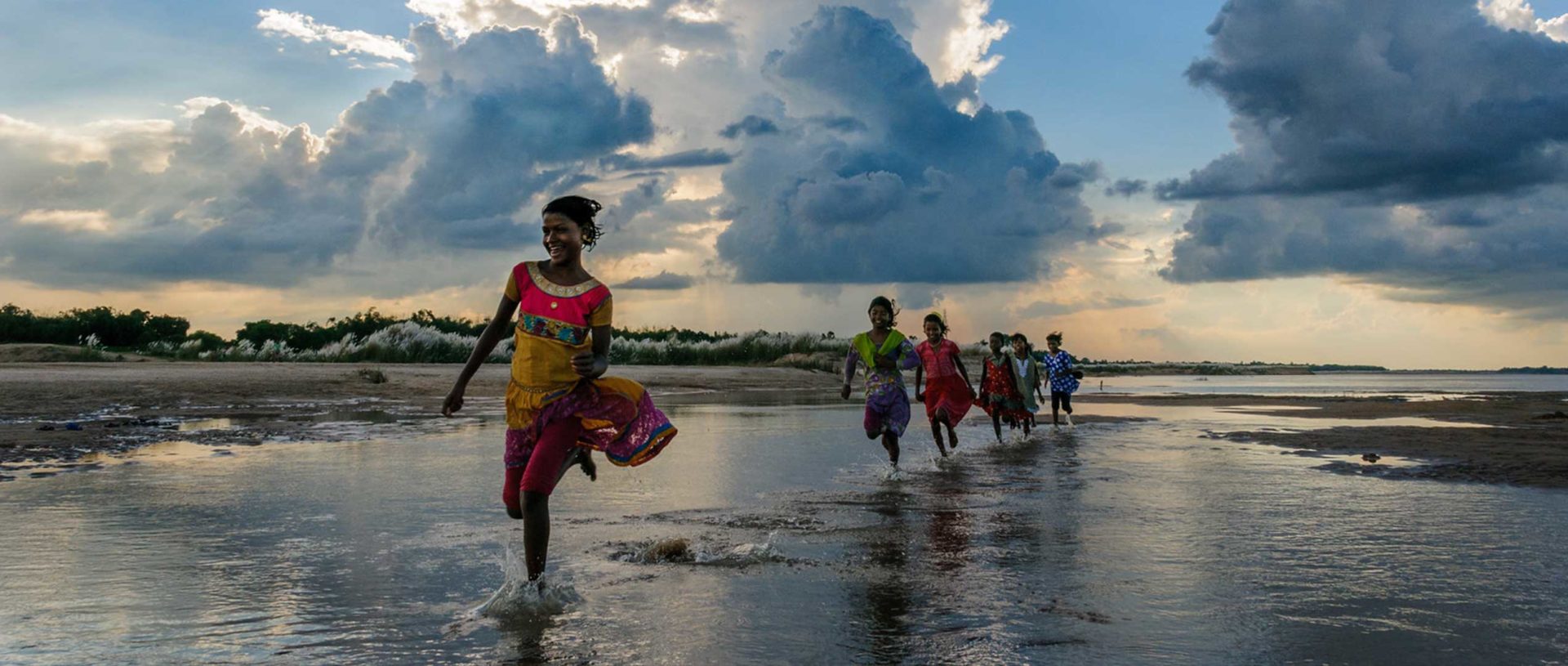Your Role in PSEAH Session
This session is intended for use by PSEAH/safeguarding leads to train staff at their organization. The goals of the session are as follows: 1. Staff gain a deeper understanding of PSEAH. 2. Staff develop an understanding of how PSEAH is integral to your organization’s mission and work. 3. Staff begin to see a connection between their work and PSEAH. This session is designed to be about an hour and can be done virtually or in-person. This session is intended to be customizable to your organization’s needs. The slides provided are all with InterAction’s branding – however, please feel free to edit the slides to align with your organization’s branding needs. Several slides are either blank or have information that is specific to InterAction – please insert information relevant to your organization in each of these slides.
